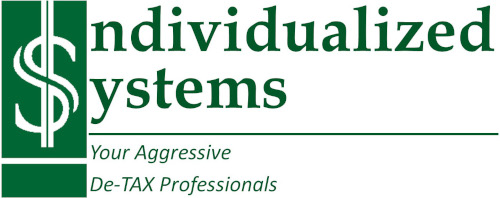Business vs. Hobby
The Internal Revenue Service does not allow a deduction for losses in an activity that is deemed a hobby. However, determination of hobby vs. business activities is not quite so black and white. A taxpayer may be trying to run a business, but, if it looks like a hobby, the deduction for activity expenses may be denied. You have to prove that you are in the activity for a profit. How can that be done?
Here are a variety of methods to help you get your maximum business deduction:
Show a profit in three (3) of the first five (5) years.
Although not required, this is the easiest and most secure method of having the business declared a business. Congress said that if you show a profit, you are engaged in a business – period. The IRS has no recourse and there is no ‘minimum profit’ you must make. If you cannot show a profit, make sure that you take steps to improve profitability on a regular basis and document the steps taken and their results.
Create a business plan.
Rarely will a person engaging in a hobby create a business plan. But, make sure it is realistic and your statistics are backed up. Research the business and investigate its probable success PRIOR to start up. When selling product, make sure you have sufficient inventory. Obviously, if you are selling a product and you don’t have sufficient inventory on hand to make a profit, you aren’t in the business for profit.
Watch what you say about your activities to anyone.
You must continually think of your business AS a business and not as a tax deduction or a hobby. Then you will not be tempted to accidentally call it something it is not. Statements such as “I’m just doing this to get a discount.” or “I’m just doing this to save taxes.” can sink you faster than any thing else. This is true regardless of who you say it to. Your family, friends and co-workers can be questioned in an audit and called to testify against you in tax court.
Run the activity like a business.
Keep accurate bookkeeping records of all income and expenses and be able to produce accurate financial statements. Having a professional do this for you is the best way to ensure this. Advertise, get letterhead and business cards done professionally, maintain a business telephone and a related phone-book listing, purchase and use promotional literature and make sure you are adequately marketing the business according to industry standards.
Make sure you have experience and keep your skills current.
Prior experience in the field is a plus and continued education indicates a commitment to the business as a business. Training should be documented in a Continuing Education file. If you are going into a new industry, the educational costs will not be deductible, so staying with what you know is best all around.
Consult with other professionals and experts.
Subscribing to professional publications and belonging to professional organizations where you consult and discuss professional issues shows intent to make a profit and keep skills current.
Work it like a business.
Make sure you spend on the business regularly. It need not be full-time, but it should regular, consistent and sufficient to support a profit motive.
Watch out for the ratio of income from other sources.
Although very unfair, the greater your income from other sources, the less likely the IRS is to accept a profit motive. Conversely, the IRS will be hard-pressed to prove your sole source of income is a hobby.
Be wary of activities that are Red Flags to Uncle Sam. These activities are suspect because of the inherent personal pleasure involved:
![]() Collecting – especially Antiques and Stamps
Collecting – especially Antiques and Stamps
![]() Traveling
Traveling
![]() Writing
Writing
![]() Ministerial Duties
Ministerial Duties
![]() Professions in the Visual and Performing Arts
Professions in the Visual and Performing Arts
![]() Raising, training and showing animals
Raising, training and showing animals
![]() Racing of any type
Racing of any type

